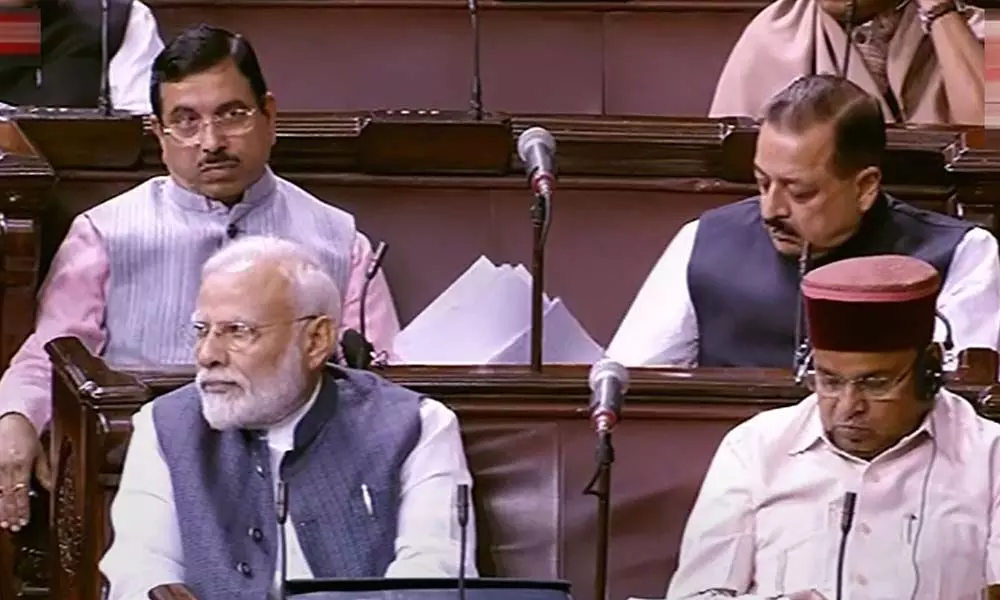Live
- Prakash Utsav to be celebrated today
- Survey staff turn a blind eye towards apartment dwellers
- Assembly to resolve on Constitutional amendment on age limit for legislators
- Govt to hold three public meetings for ‘People’s Govt—Victory Celebrations’
- SBI staff’s presence of mind averts digital arrest scam
- Students of Rockwoods School showcase unity in diversity
- Minister demands establishment of regional Centre of Excellence
- State secured Rs 36K crore investments in 10 months, created 51K jobs: Sridhar Babu
- AI Model Detects Residual Brain Tumors in 10 Seconds, Offers Real-Time Surgical Guidance
- Reliance and Disney Complete JV Deal to Strengthen Entertainment Presence in India









